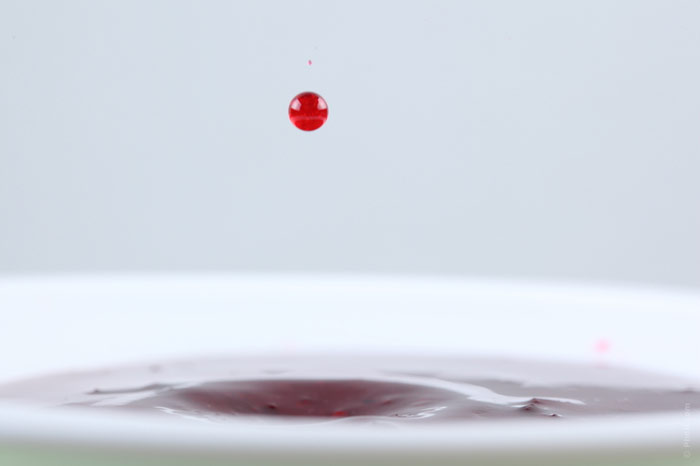
These bloodthirsty parasites are particularly annoying in summer, and you can easily assume that every person risks being infected with hepatitis after a mosquito bite. American scientists from the University of California at Los Angeles presented the results of a recent study, during which the experts studied the possibility of transferring hepatitis pathogens by mosquitoes.
In recent years, scientific interest in the study of viral hepatitis B and C has significantly increased so that the US researchers’ work has become a logical continuation of this course.
It is known that different species of mosquitoes such as Anopheles, the Asian tiger mosquito, Aedes and others can spread pathogens of various infectious diseases – malaria, West Nile fever, yellow fever and Chikungunya fever, most of which are deadly to humans. Scientists have suggested that at moderate latitudes we could get hepatitis through a mosquito bite as easily as being infected with malaria in the tropics.
It is easy to imagine how a mosquito that has drunk the blood of an infected person can spread it to a new victim. However, it is almost impossible. Scientists have discovered that there are factors preventing mosquitoes from being carriers of hepatitis.
According to experts, when mosquitoes drink blood, they need some time for nutrient absorption. That is why they do not look for another victim at once. Moreover, the oral apparatus of a mosquito is arranged so that the insect can only inject its saliva, whereas hepatitis viruses live in the blood or in the liver.
Even if a mosquito has sucked the blood of an infected person, the virus in the saliva of the insect dies very quickly. Hepatitis viruses cannot survive in a mosquito’s digestive organs – there are no hepatocytes or liver cells, which they need for reproduction.






